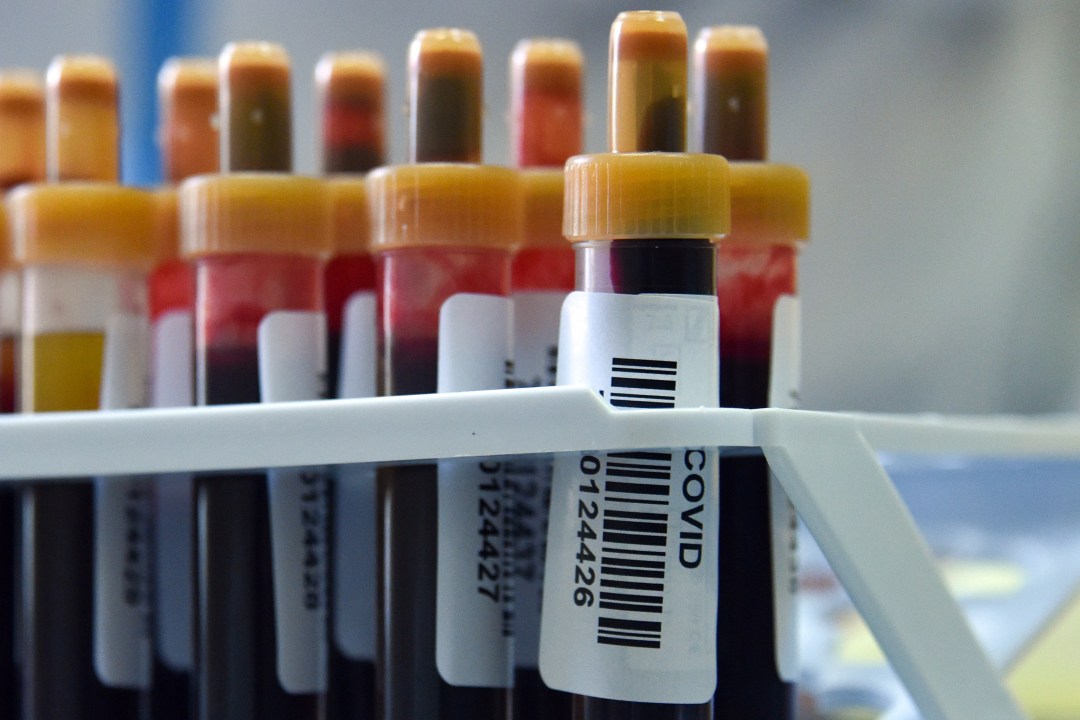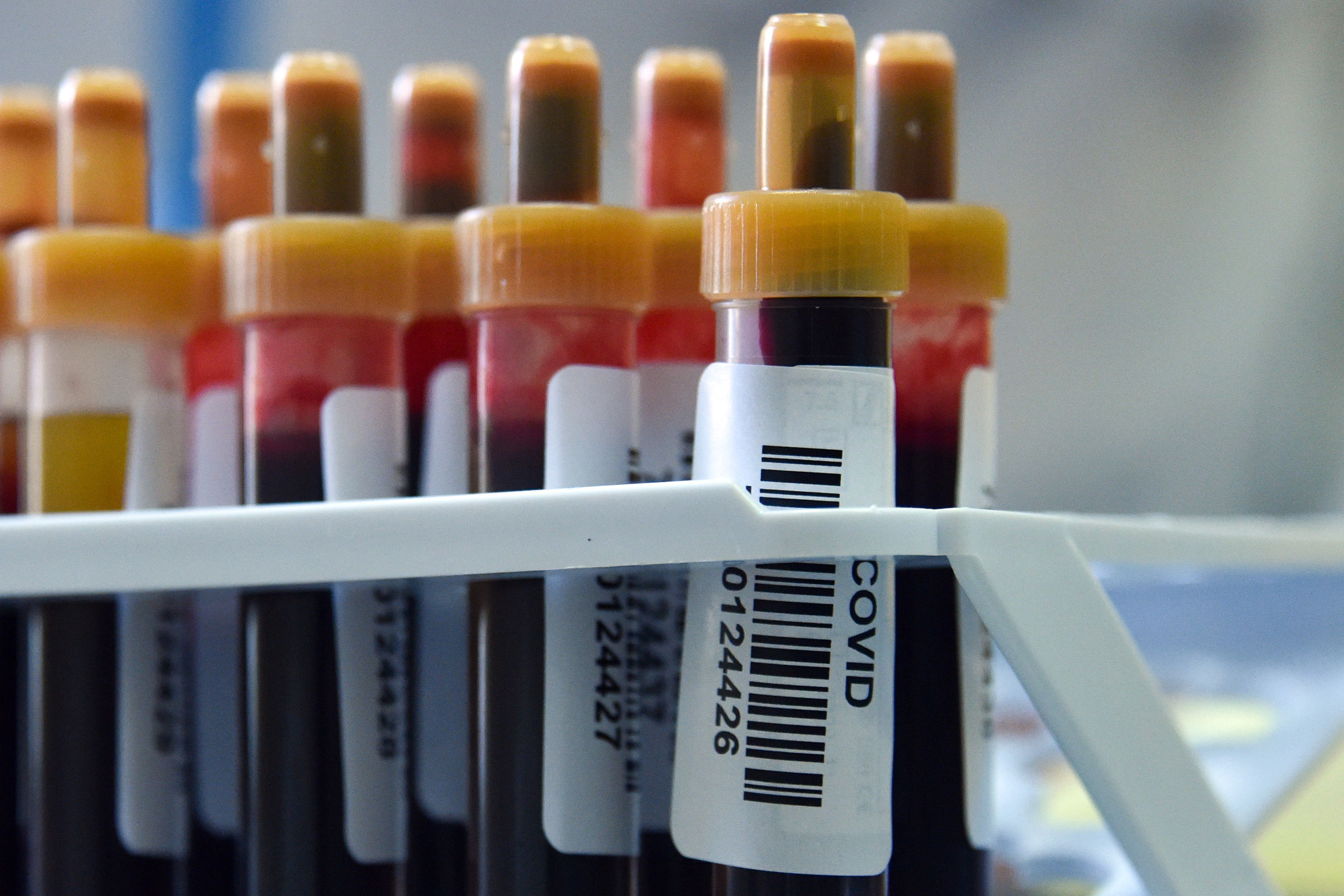I wouldn’t say I felt I had joined a master race when my coronavirus ‘immunity passport’ arrived this week. But I did have a slightly smug glow of satisfaction when discussing my positive Covid-19 antibody test result with colleagues. ‘Jammy devil’ and ‘I wish I had one’ were among the envious, bordering on resentful, responses.
Although there is no absolute proof, it means it is almost certain I cannot get the disease again soon and consequently, unable to pass it on to anyone else. By contrast, friends who had antibody tests that proved negative bore the dejected air of youngsters who had just failed the 11 plus exam. Or failed their driving test for the fourth time.
I paid £85 to a private GP practice for the test. Having had extreme fatigue for three weeks, but few other symptoms, I wanted to be sure. The nurse, Kathy, took a pin prick of blood from my finger using a little kit from a Derby based family firm, SureScreen Diagnostics. After chatting for the ten minutes it takes for a result, she saw a flicker on the kit, looked up and declared: ‘Good news. You’re positive!’
I was delighted, even more so the next day when I received an unexpected email containing a photograph of the result, the test kit used, details of SureScreen and my driving licence. A Covid-19 ‘immunity passport’ in all but name.
SureScreen say their test is at least 97 per cent accurate. The Government is in talks to buy laboratory based antibody tests made by Swiss firm Roche which cost more and take longer. Roche claim they are 100 percent accurate, though some dispute this. SureScreen are hoping their test kit, which costs just £10 to make, will gain Public Health England approval soon. It is already being used in some NHS hospitals as a quick guide to whether patients have had the virus.
The Government is opposed to providing coronavirus ‘immunity passports’ mainly because of the lack of proof so far that you cannot get the disease twice. (Kathy pointed out that in theory I could still pass on the disease if I touched an infected door handle and then touched someone else’s face.) Instead, ministers are considering a more cautious ‘health certificate’ allowing those – like me – who have tested positive to enjoy greater freedom. But only if and when it is known if immunity is established – and for how long.
Others have warned of the risk of creating two classes of citizen. Or ‘coronavirus parties’ where people try to get the disease – so they too can get a ‘Cov-ID card’ as you could call it.
Which got me thinking.
It would not take much to turn the photo of the ‘immunity passport’ on my iPhone into a driving licence style plastic ID card. As the lockdown eases I can imagine a fellow commuter eyeing me nervously if I stray within the two metre social distancing zone on a busy train. The temptation to smile reassuringly, pull my plastic coronavirus ‘immunity passport’ from my wallet and flash it at them may be irresistible.
All I need is my Superman cape.
Simon Walters is assistant editor (politics) of The Daily Mail







Comments